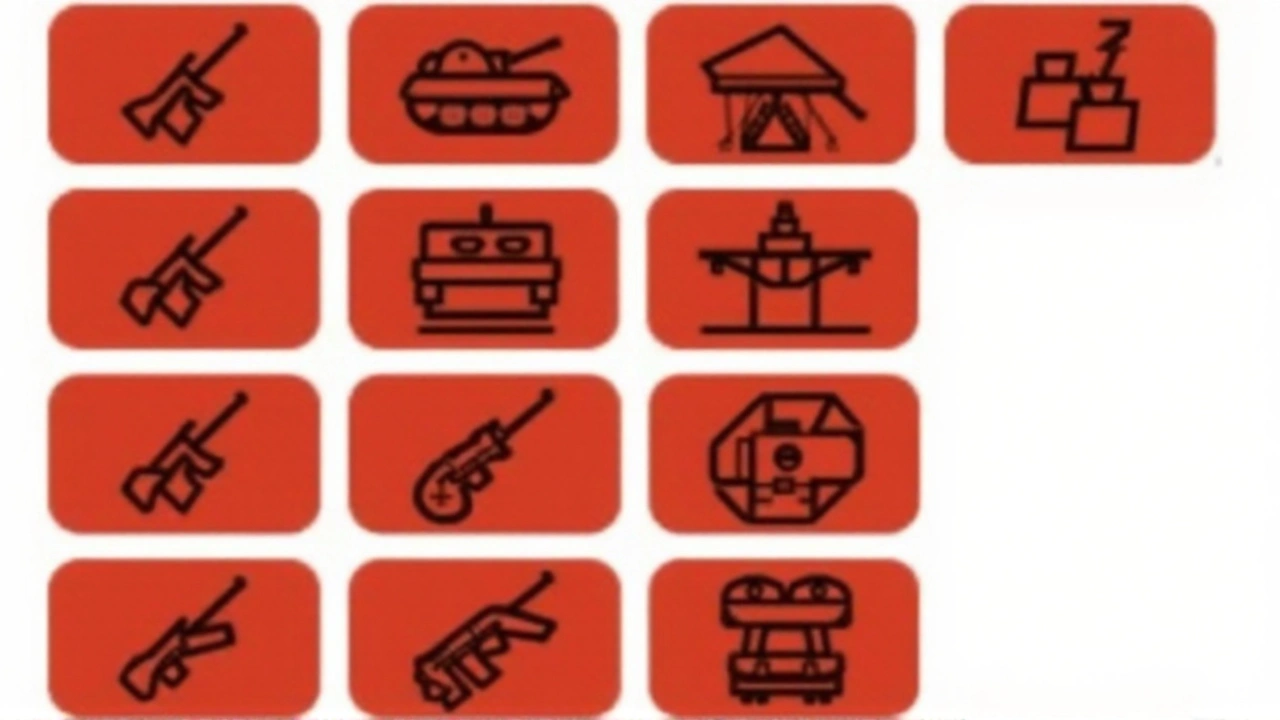Defense Procurement News and Insights
When governments buy weapons, vehicles, or tech, they’re doing defense procurement. It’s the process that decides which guns, ships, or software end up in a country's arsenal. For anyone following security, business, or politics, knowing what’s being bought and why matters – it tells you where money is flowing and what future threats are being prepared for.
In South Africa, the defense budget has been under the microscope as the country modernises its armed forces. Recent tenders for new patrol vessels, upgraded fighter jets, and advanced communication systems show a shift toward maritime security and network‑centred warfare. Similar moves are happening worldwide: Europe is eyeing next‑gen drones, the U.S. is pushing the Next Generation Air Dominance program, and Asian nations are boosting indigenous missile production.
Key Trends in 2025
First, digital integration is driving contracts. Buyers want platforms that can talk to each other – think AI‑enabled radar that shares data with unmanned ground vehicles. Second, local content rules are reshaping deals. Many governments now require a percentage of the work to stay in‑country, which sparks joint ventures between big OEMs and local firms.
Third, budget constraints are forcing smarter spending. Instead of splurging on a single super‑fighter, some nations are spreading funds across a mix of cheaper drones and upgraded legacy aircraft. Finally, environmental concerns are creeping into procurement language. You’ll see clauses about fuel efficiency and low‑emission tech in new contracts, especially in EU‑linked projects.
How to Stay Informed
Spotting the next big contract isn’t magic – it’s about watching the right sources. Government tender portals, defense ministry press releases, and reputable news sites like Daily Herald Scope give early clues. Signing up for newsletters from defense think‑tanks or industry analysts adds expert commentary straight to your inbox.
Social media also matters. Follow official defense accounts and journalists who break stories on platforms like Twitter. When a new procurement notice appears, check the keywords listed – they often hint at the technology focus, such as "cybersecurity" or "unmanned aerial systems".
Finally, join online forums or local professional groups. Engaging with peers lets you ask questions, share insights, and get feedback on how a contract might affect the broader market.
Whether you’re a contractor, analyst, or just curious about where security money is heading, keeping tabs on defense procurement helps you understand the bigger picture. The next big deal could reshape regional power balances, open new business opportunities, or signal a shift in strategic priorities. Stay alert, follow the sources, and you’ll be ahead of the curve when the next announcement drops.
Euclid's Army review: William F. Owen’s blunt case for simpler, cheaper land warfare
William F. Owen’s “Euclid’s Army” argues armies should stop chasing shiny tech and get back to basics: doctrine, organization, and relentless training. Using recent wars, including Ukraine, he pushes for simpler, cheaper, and more resilient gear over complex, fragile systems. The book lands as budgets tighten and acquisition delays grow, challenging orthodoxies across NATO and beyond.

